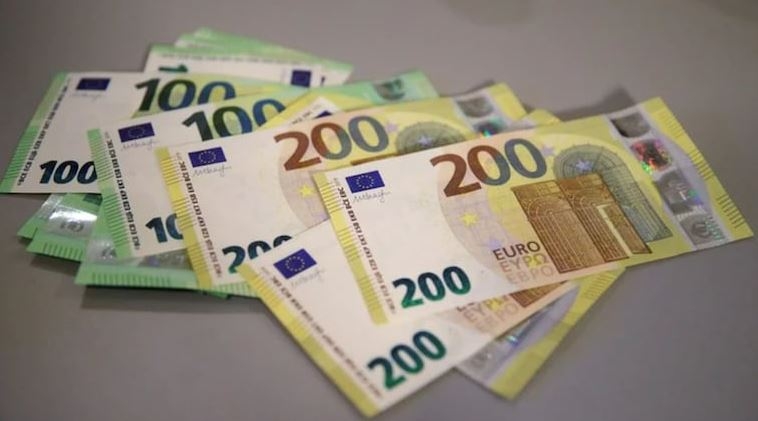As a result of skyrocketing prices for electricity and natural gas, inflation in the European countries that use the euro currency has broken into the double digits. This is a warning sign that a winter recession is looming for one of the world’s major economies because higher prices undermine the ability of consumers to spend money.
The statistics department of the European Union, Eurostat, said on Friday that consumer prices in the 19 countries that make up the eurozone climbed a record 10% from a year earlier in September, up from an annual 9.1% rise in August. A only 12 months ago, the annual rate of inflation was only 3.4%. Since record-keeping for the euro began in 1997, price hikes have just reached their greatest level ever seen.
The primary factor for the price increase of 40.8% over the previous year was the cost of energy. The prices of food, alcohol, and cigarettes all increased by 11.8%. As the world economy recovers from the COVID-19 epidemic, there have been bottlenecks in securing supplies of raw materials and components, which has contributed to the rise in inflation. Steady reductions in natural gas supplies from Russia have also been a contributing factor. Due to the reductions in production in Russia, gas prices have skyrocketed to such an extent that manufacturers of energy-intensive goods, such as fertiliser and steel, claim they are unable to continue making certain of their products at a profit.
In the meanwhile, consumers are finding themselves with less money to spend on other things as a result of increased costs for items like electricity bills, food, and petrol. That is the primary factor that is leading analysts to forecast a recession, which may be defined as a significant and protracted decrease in economic activity, for the last months of this year and the first few months of the next year.
The European Central Bank is increasing interest rates to fight inflation by preventing consumers from baking in higher costs into their expectations for earnings and prices. However, the ECB cannot cut energy prices on its own.
Officials from European nations have stated that the reductions in pipeline gas deliveries from Russia’s state-owned exporter Gazprom are an act of energy blackmail designed to put pressure on and splinter European governments over Western sanctions against Russia and their support for Ukraine, including the delivery of weapons. Due to the fact that natural gas is used in the production of power, the heating of houses, and the operation of companies, increased gas prices result in increased heating bills and increased energy expenditures.
Those who frequented a regular open-air market in Cologne, Germany, expressed concern about rising costs of both food and utilities to their fellow customers. Myriam Maierhofer, who is 64 years old and works as a trainer and coach for staff development, revealed that she is already seeking a lot more for unique deals. Because I don’t toss out as much as I used to in such a short amount of time, I’ve been more frugal with food. And again, this morning I lowered the temperature of the heating in each of the rooms.”
Christian Schrader, 35, is concerned about housing costs more than he is about the cost of food. He said, “You start to think about which rooms need to be heated in the apartment and attempt to explain to the children that we only play in one room.” He referred to “the social component” as a more significant cause for concern. “Inflation has often served as a driving force behind societal divide, extremist inclinations, and populism. This aspect gives me more cause for concern.
